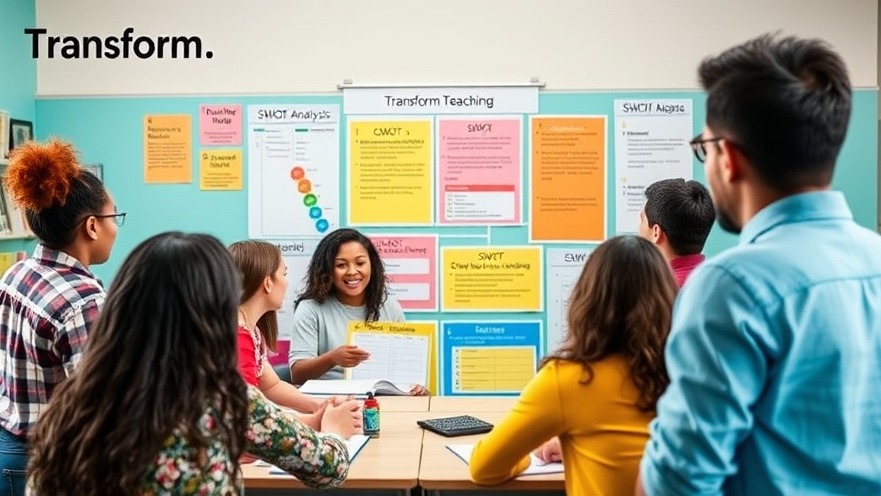
Louisiana's Reading Gains: A Beacon of Hope
Louisiana stands out against a backdrop of national educational decline, particularly in reading proficiency, as evidenced by the recent NAEP (National Assessment of Educational Progress) scores. While across the nation, many fourth and eighth graders struggle with basic reading skills, Louisiana's students have made notable strides, moving from a disheartening 42nd position in reading to an impressive 16th, showcasing the state's commitment to academic recovery.
Understanding the 'Science of Reading'
Experts suggest that Louisiana's progress may be attributed to the implementation of the 'science of reading', a comprehensive approach that emphasizes phonics, comprehension, and language development. Natalie Wexler, author of “Beyond the Science of Reading,” points out that while NAEP scores provide insight into student performance, they do not specify which educational strategies are effective. However, it is clear that Louisiana's focus on solidifying reading foundations has yielded results, particularly in its lower-income and disabled student populations, who have shown significant improvement.
A Back-to-Basics Approach: The Path Forward
Cade Brumley, the state's superintendent of education, highlights Louisiana's back-to-basics strategy in literacy education as a crucial factor in driving improvement. This approach reverses the trend of complicated educational methodologies that often leave fundamental skills underdeveloped. Key initiatives since 2021 mandate teacher training in literacy instruction, reinforcing the state’s commitment to enhancing reading proficiency at an institutional level. Moreover, the state's investment in high-dose tutoring initiatives reflects a strategic focus on supporting at-risk students, particularly those impacted by the pandemic.
The Ripple Effect: Policy Implications and Future Trends
The improvements in Louisiana also spark discussions about the broader implications for educational policy. The state has adopted universal school choice, allowing families to choose from a variety of educational resources that best fit their children's needs, aiming to enhance overall educational outcomes. Experts caution, however, that continued success will depend on aligning school policies with proven instructional methods while addressing the disparities that persist among different student populations.
Challenges Ahead: Context and Concerns
Despite the positive trends, uncertainty looms over the educational landscape as federal initiatives and budget cuts leave gaps in research and resources that schools rely on for evidence-based decision-making. The elimination of key data sources complicates efforts to understand the systemic challenges that persist even as individual successes are celebrated. As highlighted by Heather Hill from Harvard, without access to comprehensive information, schools risk reverting to outdated practices, diminishing the gains achieved through recent reforms.
Conclusion: A Call for Continued Improvement
While the upward trajectory in Louisiana’s reading scores is commendable, state leaders, educators, and policymakers must remain vigilant. As Brumley notes, although progress is evident, “too many children are still unable to read at grade level,” indicating a need for sustained effort and commitment to enhancing literacy education across the state. It is vital for communities to support ongoing initiatives and advocate for resources to ensure every student has access to a high-quality education. This is not only a state issue but a national imperative. Investing in effective literacy programs not only equips children with essential skills but also lays the foundation for brighter futures.
 Add Row
Add Row  Add
Add 


 Add Row
Add Row  Add
Add 

Write A Comment